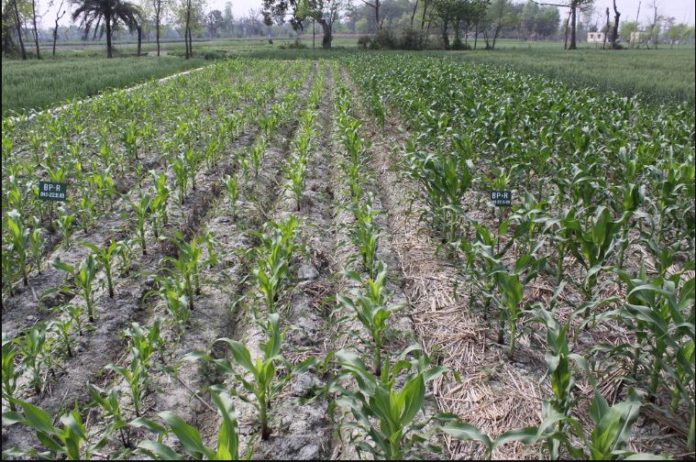Ghana’s Agricultural Development Bank (ADB) in spite of the difficult economic challenges last year, posted an impressive performance with a profit after tax of GH¢81.6 million. This represents an increase of 24.8% growth of the GH¢65.4 million profit recorded the previous year.
The Board Chairman of ADB, Daasebre AkuamoahAgyapong II, disclosing this at ADB’s 2022 and 35th Annual General Meeting in Accra, said the performance of the bank was driven by improvement in interest income as a result of the growth in loans and advances.
Interest income grew from GH¢415.4 million in 2020 to GH¢480.3 million in 2021 and operating income soared from GH¢555.9 million in 2020 to GH¢639.9 million in 2021. DaasebreAgyapong II, the Kwawuhene and the President of the Kwahu Traditional Council, attributed the bank’s performance last year resulted in Return on Equity and Return on Assets of 12.09 per cent and 1.81 against 7.69% and 1.14% respectively. He said assets of the bank grew to GH¢6.45 million in 2021 from GH¢5.72 million in 2020, and deposits grew 15 per cent from GH¢4.2 billion in 2020 to GH¢4.9 billion.
“The size of our balance sheet grew over the year from GH¢5.7 billion to GH¢6.5 billion in 2021 representing 12.9% growth,” the Board Chairman said.
Target
Daasebre Agyapong II stated that Non-Performing Loan portfolio of the bank witnessed a reduction from 34 per cent in 2020 to 31 per cent in 2021.
“Our target is to bring the NPL ratio within industry bracket of 14 per cent by 2023. the capital adequacy ratio was 14.49 per cent and above the regulatory minimum of 11.5 per cent. The reconstituted board continued with the implementation of the Strategic Plan of the bank adopted for the period 2020 to 2020 and the associated annual budgets,” DaasebreAgyapong II said.
Managing Director of ADB, Dr John Kofi Mensah, said the bank would continue to put in place measures and strategies to reduce NPLs. He pledged that ADB would continue to focus on agriculture in spite that the sector was difficult and risky, indicating that in the poultry industry if a disease sets in one was likely to lose all the birds.









